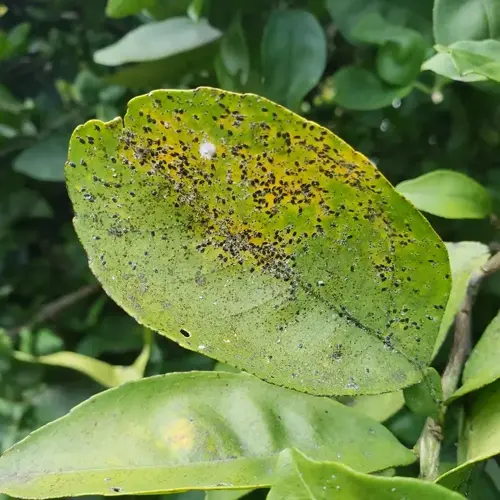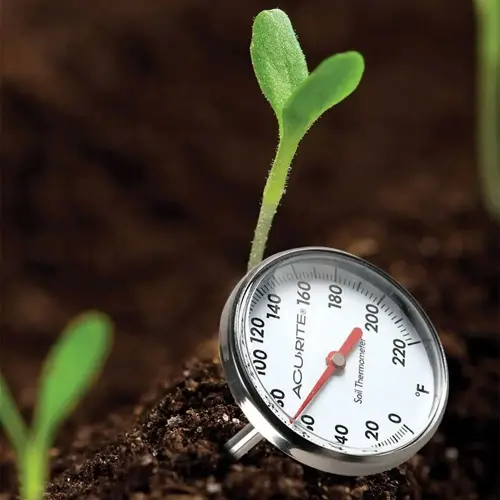What materials should be avoided in seed containers?

Written by
Olivia Mitchell
Reviewed by
Prof. Martin Thorne, Ph.D.Choosing the improper materials for seed containers can irreparably reduce the quality of your seeds. Non-food-safe plastics contain harmful chemicals that can leach into your seeds, posing a risk to their health. Untreated wood can absorb moisture like a sponge, ruining your seeds. I have personally seen seeds ruined by using products made from these materials. Knowing what to avoid will help you protect your gardening investment.
Non-Food-Grade Plastics
- BPA and phthalates leach into seeds altering germination
- Thin plastics allow UV penetration degrading seed embryos
- Chemical contamination affects edible plants' safety
- Always look for FDA-compliant food-safe certifications
Untreated Porous Materials
- Wood absorbs ambient humidity causing mold growth
- Terracotta transfers mineral salts to stored seeds
- Unsealed cardboard attracts pests and absorbs odors
- Seal porous surfaces with food-grade wax if used
Metal containers pose some unique risks that gardeners sometimes overlook. Uncoated steel will develop rust contamination in a matter of months. Aluminum will react with the oil in the seeds to create toxic compounds. I lost rare varieties of peppers to corrosion in metal containers before I switched to a different material. Powder-coated steel is the only safe metal material to use.
Take simple, preventive measures to avoid material failures! When in doubt, line questionable containers with food-safe foil barriers. Use oxygen absorbers to minimize chemical reactions. I still "test" new containers before trusting valuable seeds; I use inexpensive seeds. These measures help protect the seeds from any unexpected damage.
Select materials that have a documented history of safety to avoid anxiety about storing seeds. Food-grade high-density polyethylene (HDPE) plastic has a long history of chemical stability. Borosilicate glass is completely inert, meaning it also has complete protection. I have all my seeds in these containers. Your seeds should also have this level of security.
Read the full article: 10 Best Seed Storage Containers

